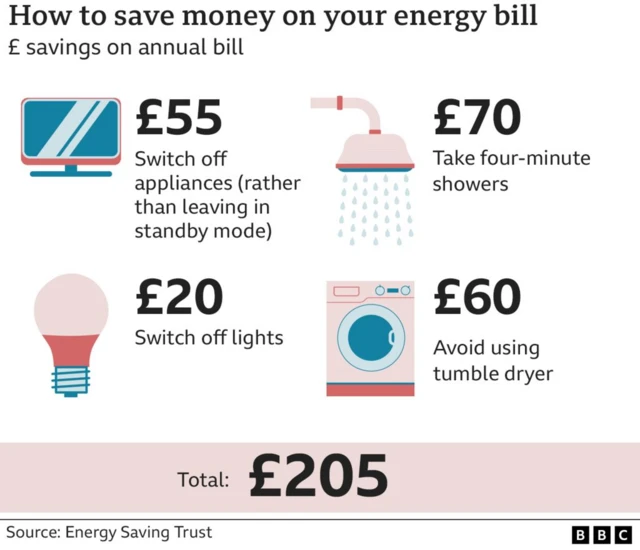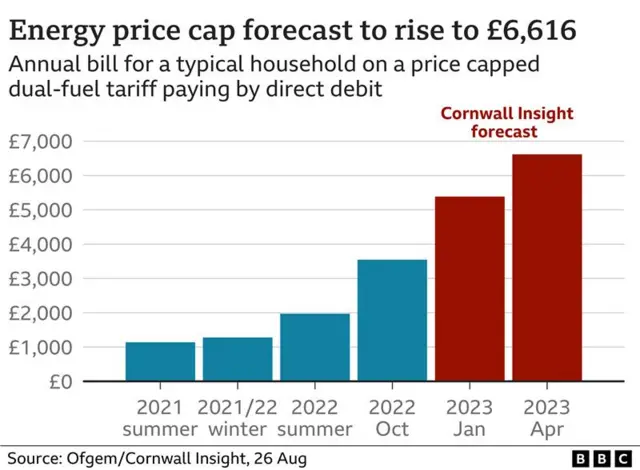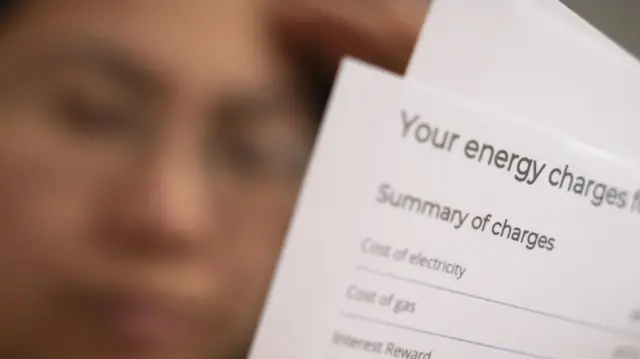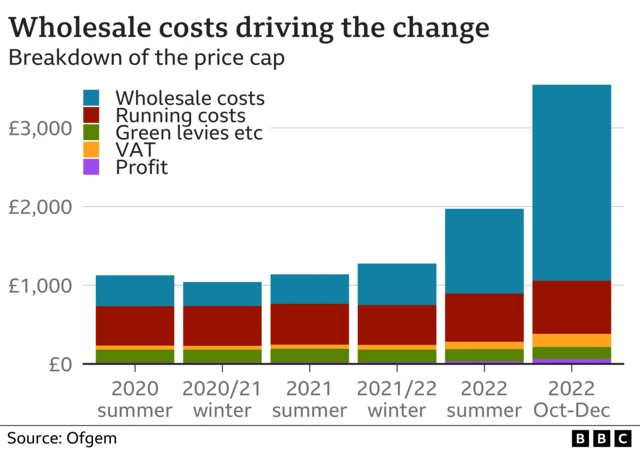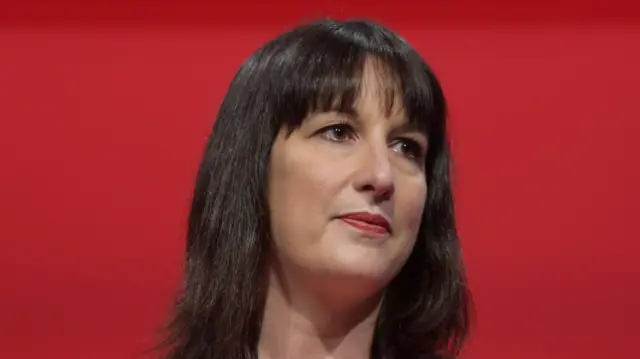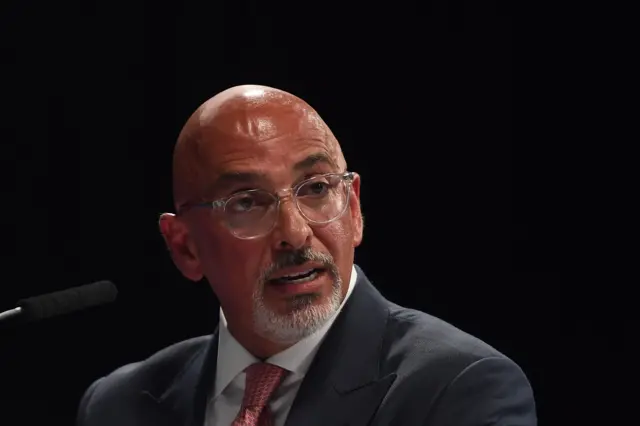'It's an absolute disgrace, it's a nightmare'published at 09:16 BST 26 August 2022
People at the Emmaus Community Cafe in Ipswich have been reacting to the "shocking" energy price cap figures announced this morning.
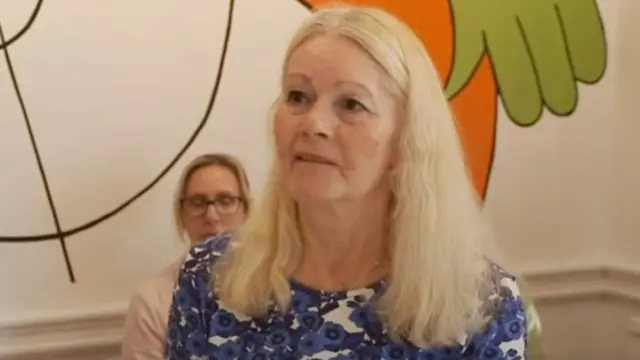
Gillian, who is a pensioner, says: "It's an absolute disgrace, it's a nightmare."
"I've got to struggle and then to put it up again in January, they're really twisting the knife," she tells BBC Breakfast.
"I'm going to have to turn my heating down and wear a coat indoors."
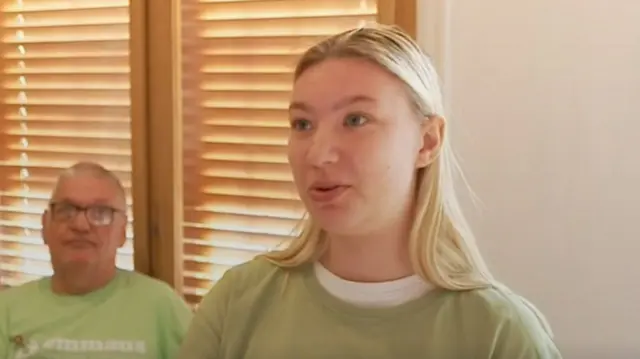
Sophie, 20, says: "It's absolutely disgusting. I live on my own and I don't know what to do any more, I don't know if I can afford it.
"I've had to cancel quite a few things at the moment, and I'm going to try and find support to sort it," she tells the BBC.
Sean earns £9.50 per hour on the national living wage. He says the figures announced today are "almost unimaginable, considering the bills we're going to face come January as well".
"I don't get enough money to pay these things and I'm going to have to make some sacrifices. Even things like having glasses, it's very important for me to see, but right now I'm really struggling to afford things like that."
